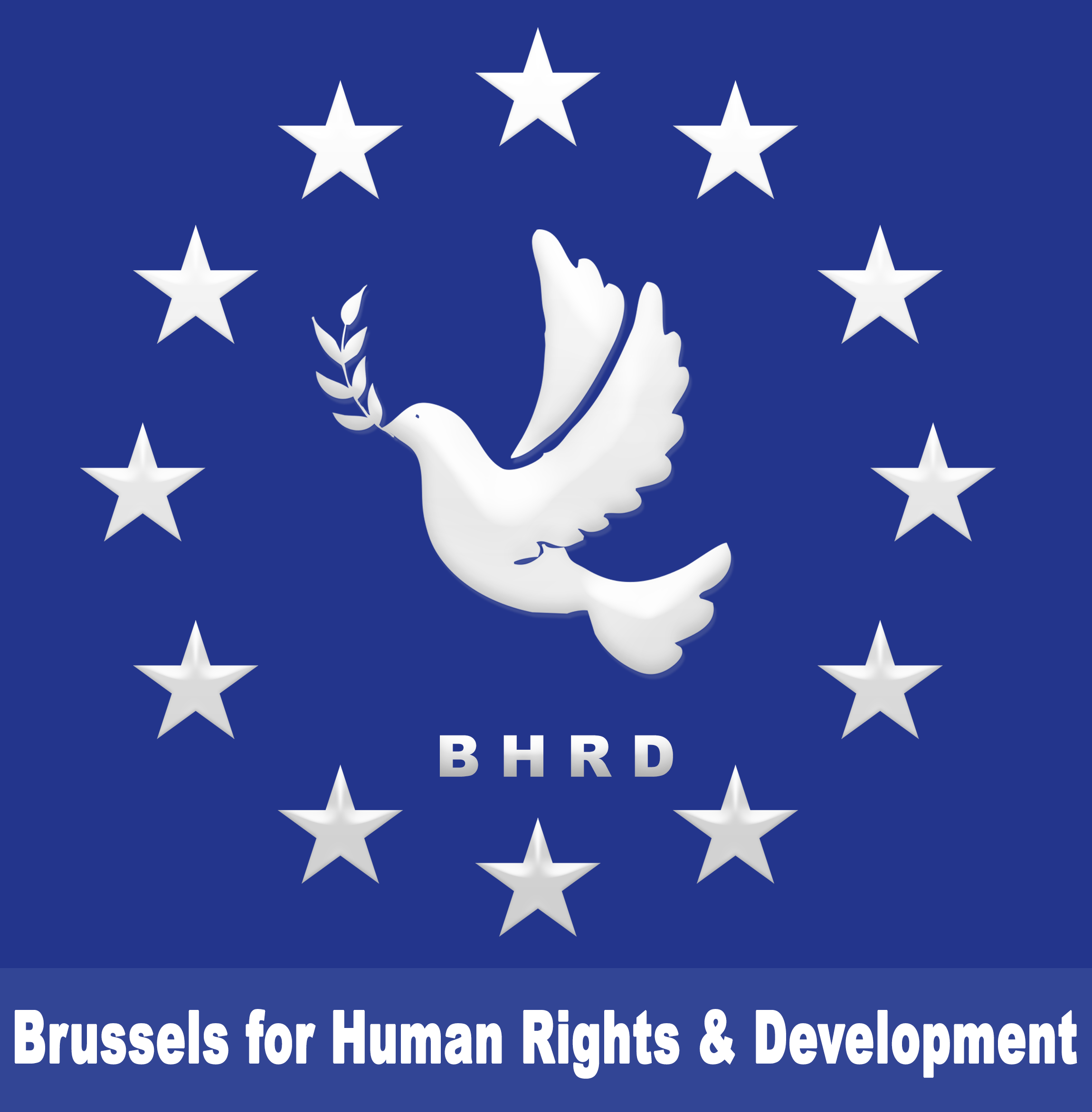On World Polio Day 2024, UNICEF issued a dire warning about the resurgence of polio, particularly in conflict-affected and fragile regions. Their report highlights a disturbing trend: 85% of children affected by polio in 2023 lived in areas impacted by war, political instability, natural disasters, or humanitarian crises. The breakdown of healthcare systems in these regions has left millions of children vulnerable to diseases like polio, which should be eradicated by now.
The decline in routine childhood immunizations has become a critical issue. Global vaccination coverage has dropped from 75% to just 70%, far below the 95% threshold required to achieve herd immunity and stop the spread of the disease. This sharp decline puts children in these already vulnerable areas at even greater risk, as they become the most susceptible to outbreaks of polio.
UNICEF’s report emphasizes that the resurgence of polio is most pronounced in conflict zones. Out of the 21 countries currently battling polio outbreaks, 15 are considered fragile or conflict-affected. Countries like Afghanistan, the Democratic Republic of Congo, Somalia, South Sudan, and Yemen are among the hardest hit, with children in these areas lacking access to even the most basic healthcare services. These countries have seen a dramatic rise in polio cases, partly due to the destruction of health infrastructure and mass displacement caused by ongoing conflicts.
In Gaza, polio has made a concerning return for the first time in 25 years. In response, UNICEF and the World Health Organization (WHO) launched an emergency polio vaccination campaign in September 2023. Nearly 600,000 children under the age of 10 were targeted for vaccination. However, renewed conflict, bombings, and the mass displacement of families have severely disrupted the campaign’s progress, especially in northern Gaza, where healthcare workers are struggling to reach those in need. The situation in Gaza highlights the difficulties of conducting health campaigns in areas affected by ongoing violence.
UNICEF has stressed that successful polio vaccination efforts in fragile and conflict-affected countries are crucial to preventing further outbreaks. One of the key strategies to enable these campaigns is the implementation of humanitarian pauses, which allow healthcare workers to safely access communities caught in conflict. Without these pauses, children in these areas remain unreachable, increasing the risk of more widespread polio outbreaks.
The report also sounds the alarm on the potential for polio to spread to neighboring countries. If outbreaks in fragile states are not contained, the disease could easily cross borders, threatening children in nearby regions. UNICEF has called on governments, international organizations, and donors to take urgent action and provide support to stop the spread of polio before it regains a foothold in more regions.
As part of its ongoing efforts, UNICEF delivers more than one billion doses of polio vaccines annually to countries around the world. The organization continues to work alongside the WHO and other partners to reach children in high-risk areas. However, they warn that time is running out, and urgent intervention is needed to eliminate polio completely.
UNICEF Executive Director Catherine Russell reinforced the gravity of the situation, stating: “In conflict, children face more than bombs and bullets; they are at risk of deadly diseases that should no longer exist.” She emphasized that eradicating polio remains one of the most critical global health challenges. “The final push is the hardest, but now is the time to act. We cannot rest until every child, in every corner of the world, is safe from polio – once and for all.”
With global attention focused on eradicating polio, UNICEF’s call to action highlights the urgent need for international collaboration, humanitarian access, and increased funding to prevent further loss of progress in the fight against polio. The organization warns that without immediate efforts, the world risks seeing a resurgence of a disease that had been on the verge of eradication.


 العربية
العربية